Northern Ireland
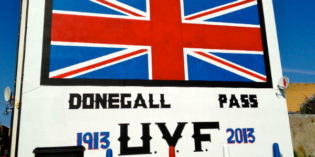
Brexit has blown open the unreconciled divisions in Northern Ireland
The British and Irish governments have long tried to keep a lid on the tensions in Northern Ireland. But Brexit, argues Duncan Morrow (Ulster University) has exposed the weaknesses of the Good Friday and St Andrew’s Agreements – deals that never required each side to give up their aims of ruling Northern Ireland alone. Now […]

Audit 2017: How democratic are the institutions of devolved government in Northern Ireland?
Devolved government in Northern Ireland centres around unique institutions, a power-sharing Executive with ministers chosen on a proportional basis, answering to an Assembly elected using PR. It was designed to overcome the intercommunal strife that has characterised Northern Ireland public life: the challenges it has faced have been particularly acute, and its record has, inevitably, […]
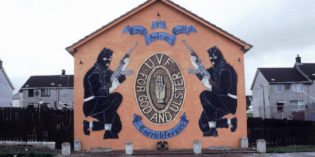
How evangelical religion contributed to peace in Northern Ireland
ECONI – an evangelical Protestant organisation – played a key role in establishing peace in Northern Ireland. Gladys Ganiel explains how its effectiveness rests in part on its credibility: ECONI’s evangelical identity provided it with a legitimacy that some ecumenical peace-building organisations lacked. Similar PostsThe DUP’s extremist links make it unfit to join a Conservative […]

Audit 2017: How democratic is the overall set-up of devolved government within the UK?
Devolution in the UK encompasses a range of quite different solutions in three countries (Scotland, Wales, and Northern Ireland), plus lesser delegations of powers to London and some English cities. Designed to meet specific demands for national or regional control and to bring government closer to citizens, there are important issues around the stability and […]
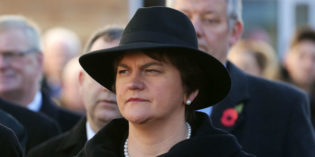
The DUP’s extremist links make it unfit to join a Conservative alliance
Theresa May’s plans to broker a deal with the Democratic Unionist Party not only endanger the 1998 Belfast Agreement, writes James Hughes. They are likely to sour relations with the Republic of Ireland – just as sensitive negotiations over the border begin – and conveniently overlook the DUP’s links to violent extremism. Arlene Foster at a Remembrance […]

‘Mum-of-two, 40’: but women rise to the top in Northern Irish politics
Women now lead three of the five main parties in Northern Ireland and make up 30% of the Assembly. Danielle Roberts looks at the sea-change in women’s participation in Northern Irish politics since the Good Friday Agreement, which has happened in spite of the lack of Unionist female politicians. While a number of BME and LGBT […]
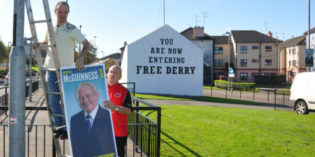
After the 2 March election, the Northern Ireland settlement needs a rethink
The Northern Ireland Assembly election on 2 March is likely to be followed by a difficult political negotiation. Alan Whysall argues that it must not be mere political sticking plaster. There is no real alternative to the basic architecture of the institutions, but there are fundamental issues to be dealt with about the way they […]
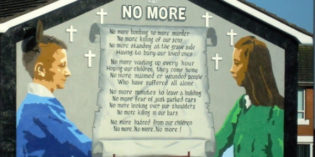
The quality of mercy: how religion and ethno-nationalism influence attitudes towards amnesty in Northern Ireland
The Good Friday Agreement gave political resonance to concepts like amnesty, forgiveness and mercy – all of them familiar from the lexicon of religion. John D Brewer and Bernadette C Hayes found that religious and ethno-national identity in Northern Ireland both influence public attitudes towards amnesty. In particular, belief in the Bible as the literal word of […]
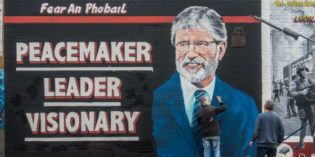
What happens when a violent separatist group moderates? The case of Sinn Féin and the IRA
What does it mean for a radical or separatist group to moderate? Does it change its values and goals in the process, or only the ways it communicates them? Looking at Irish republicans, Matthew Whiting explains how Sinn Féin and the IRA came to change their behaviour but not necessarily their goals – while also emphasising […]


 Democratic Audit's core funding is provided by the Joseph Rowntree Charitable Trust. Additional funding is provided by the London School of Economics.
Democratic Audit's core funding is provided by the Joseph Rowntree Charitable Trust. Additional funding is provided by the London School of Economics.